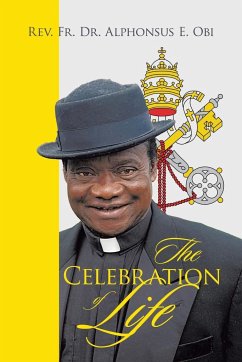Why celebration of Life? It is called celebration of life in recognition of a departed member of our community and all the children of God in this world who left this world to join the creator in Heaven. Whether it is called wake or wake-keeping all gears towards the provision of a service prior to burial in a social gathering. Traditionally, this is done at the home of the deceased with the body present. Recently wakes are often performed at a funeral home or at a hall preferably chosen by the members of the deceased family. It is often a social rite which highlights the fact that the loss affects the whole group. The term "wake" originally referred to a late-night prayer vigil, which is mostly used for the social interaction. While this modern usage of the verb "wake" means to stay alert. A wake for the dead harks back to the vigil, "watch" or "guard" of earlier times. It is a misconception that people at wake are waiting in case the deceased should wake up. The term "wake" originated from the Middle English "waken".
Hinweis: Dieser Artikel kann nur an eine deutsche Lieferadresse ausgeliefert werden.
Hinweis: Dieser Artikel kann nur an eine deutsche Lieferadresse ausgeliefert werden.








